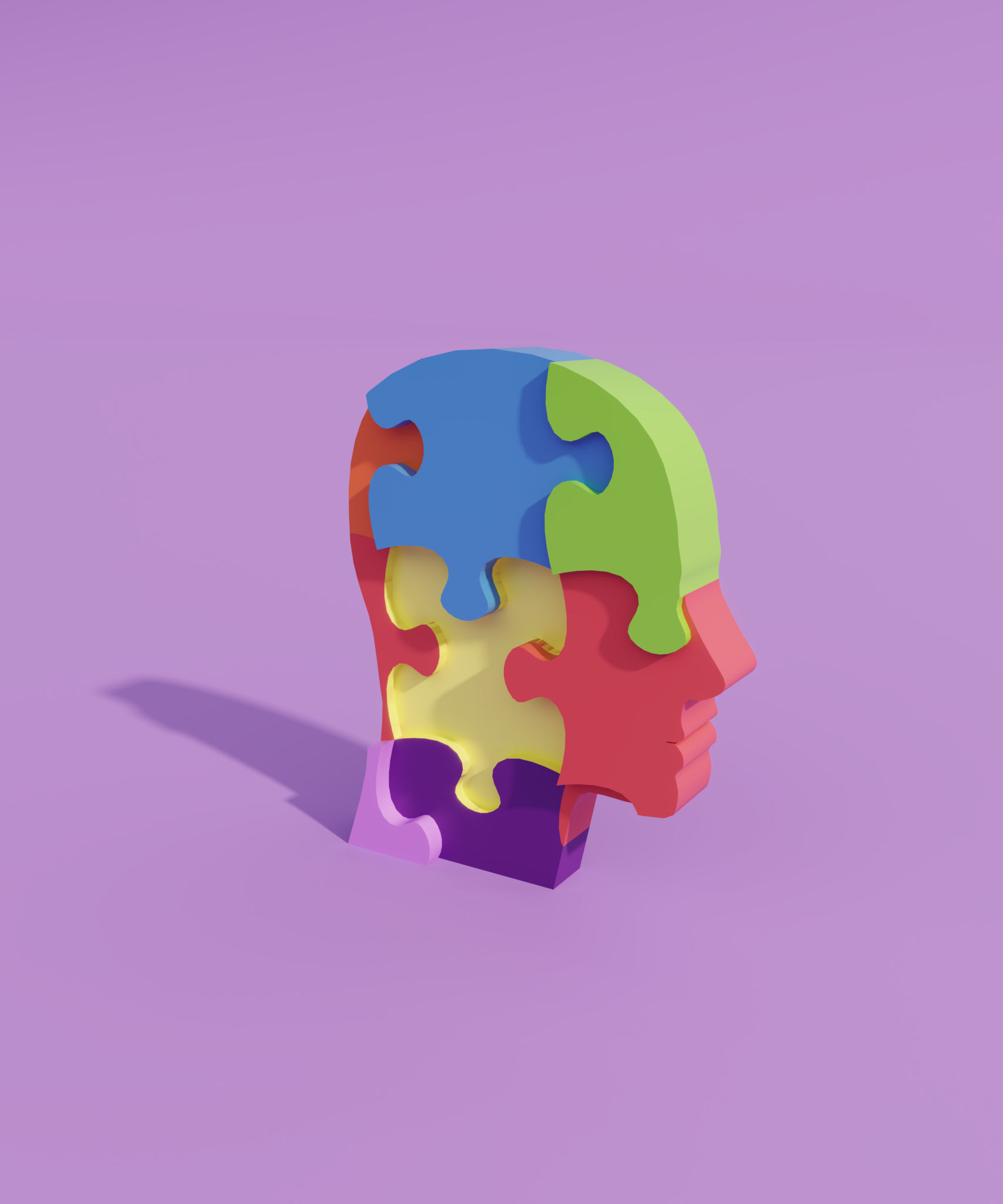Myth-Busting AI Tools: Separating Fact from Fiction
Understanding AI Tools
Artificial Intelligence (AI) has rapidly become a central figure in modern technology, promising to revolutionize industries and improve our daily lives. However, with the rise of AI tools, a plethora of myths has also emerged, causing confusion and skepticism. This blog post aims to separate fact from fiction and provide clarity on what AI tools can truly offer.

Myth 1: AI Is All-Knowing and Perfect
One of the most prevalent myths is that AI tools are infallible, possessing an almost omniscient understanding of data and context. In reality, AI systems are only as good as the data they are trained on. They excel at identifying patterns and making predictions within specific parameters but are not immune to errors or biases present in their training data. It's crucial to approach AI as a tool that enhances human capabilities rather than replacing them.
Myth 2: AI Will Replace All Jobs
Fear of job loss is a common concern associated with AI advancements. While it's true that AI can automate certain tasks, it doesn't necessarily equate to widespread job displacement. Instead, AI can augment human roles, taking over repetitive tasks and allowing individuals to focus on more strategic and creative aspects of their jobs. The key lies in retraining and upskilling the workforce to thrive alongside AI technologies.

The Reality of AI Tools
AI tools are designed to assist and not replace human intelligence. They provide powerful solutions in various fields, from healthcare to finance, by offering insights that might otherwise be overlooked. By leveraging AI, businesses can improve efficiency, accuracy, and decision-making processes.
AI in Everyday Life
Contrary to some beliefs, AI is not just a futuristic concept but is already integrated into our daily lives. Applications like virtual assistants, recommendation algorithms, and smart home devices demonstrate how AI enhances convenience and personalization for users. These tools are designed to adapt and learn from user behavior, providing a tailored experience that evolves over time.

Ethical Considerations
Another critical aspect of understanding AI tools is recognizing the ethical considerations involved. Ensuring transparency, fairness, and accountability in AI applications is essential to building trust and avoiding misuse. Organizations must prioritize ethical guidelines and continuous monitoring to mitigate potential risks associated with AI deployment.
Conclusion: Embracing AI Wisely
In conclusion, while myths about AI tools abound, it's important to base our understanding on facts rather than fiction. By embracing AI technologies wisely and ethically, we can unlock their full potential and create a future where humans and machines collaborate harmoniously. As we continue to innovate and explore new frontiers, let us remain informed and open-minded about what AI tools can truly achieve.
